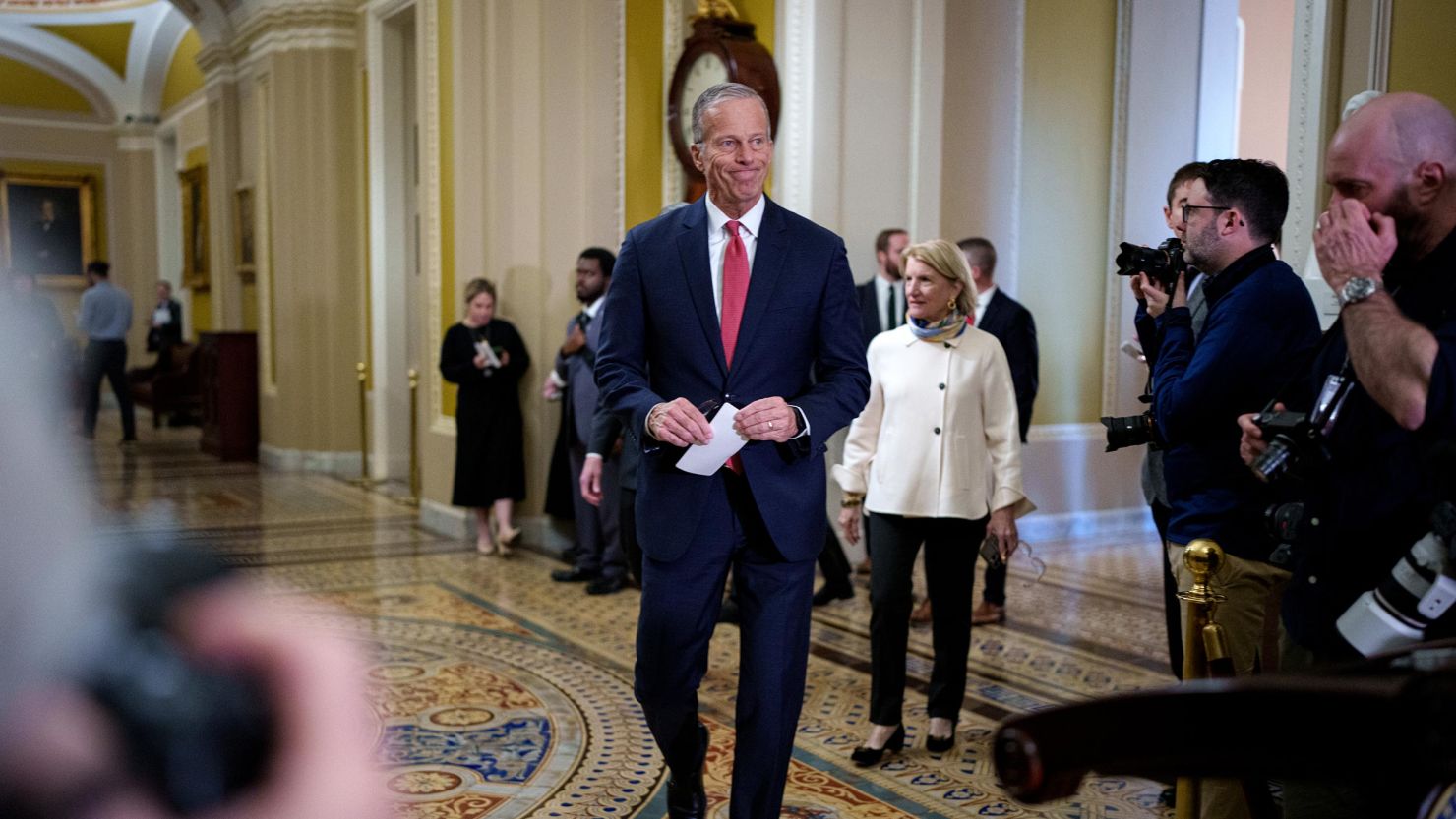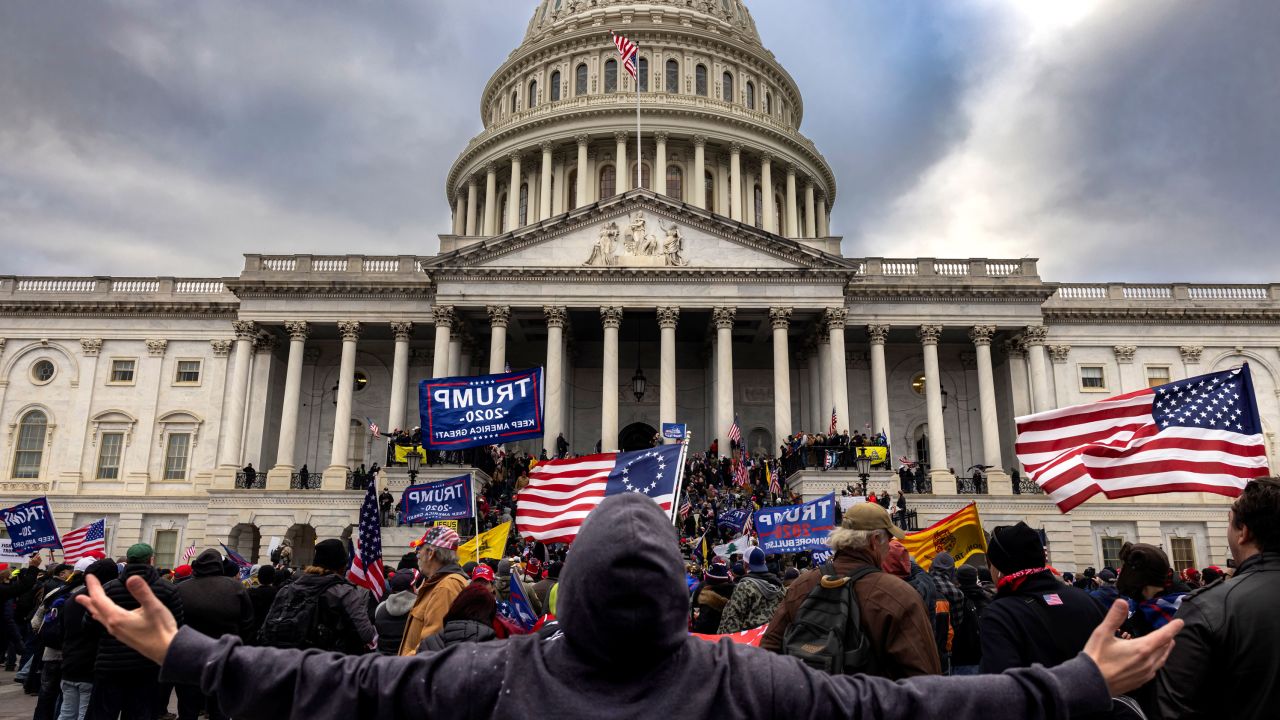The Senate is in the throes of a critical vote on President Donald Trump’s sweeping bill, a staggering $4.5 trillion package that promises enormous tax breaks and devastating spending cuts. This legislation, deceptively dubbed the "One Big Beautiful Bill Act," threatens to strip healthcare from millions while exacerbating existing inequalities. With an estimated 11.8 million Americans projected to lose their insurance by 2034, the implications are dire for anyone who relies on Medicaid or food assistance.
Republican Struggles Reveal Deep Divisions
As the Senate slogged through an overnight session filled with tension and turmoil, Republican leaders scrambled to secure votes amidst growing dissent within their ranks. Senate Majority Leader John Thune has been working tirelessly to negotiate with those concerned about the projected Medicaid cuts, which could leave millions without crucial healthcare services. According to the Congressional Budget Office, these cuts would lead to a significant uptick in uninsured Americans, creating a public health crisis that could reverberate throughout the nation.
Grassroots Resistance Grows
Outside the Capitol, demonstrators carried cardboard caskets, a haunting visual protest against the proposed cuts that signal a death knell for the vulnerable. Their message is clear: this bill will harm real people. The grassroots movement opposing the legislation signifies a broader resistance against the Republican agenda, which prioritizes tax breaks for the wealthy over the welfare of working-class Americans.

‘Trump likes winners:’ How John Thune manages the Senate and Donald ...
Democratic Amendments Highlight Inequities
Throughout the tumultuous vote-a-rama, Democrats have fought valiantly to introduce amendments aimed at mitigating the worst impacts of the bill. However, the odds are stacked against them. Even as some Republican senators express reservations, such as Sen. Lisa Murkowski, their ability to influence the final outcome remains limited. The GOP"s narrow majority leaves little room for dissent, making it increasingly likely that this damaging bill will pass despite its unpopularity.
Debt Ceiling Increase Raises Alarm
Another alarming aspect of this legislation is its proposed increase to the debt ceiling by $5 trillion. This provision has drawn scorn from various corners, including billionaire Elon Musk, who derisively labeled Republican leaders as the "PORKY PIG PARTY" for including such a hefty provision in the bill. Critics argue that this move only serves to deepen the deficit while enriching corporations and the ultra-wealthy, further entrenching economic disparity.

New bodycam video released of rioters attacking police at Capitol
Long-Term Implications for Civil Rights
The ramifications of this bill extend far beyond immediate economic concerns. By cutting funding for vital social safety nets, the legislation endangers the civil rights of marginalized communities who rely on these programs for survival. The proposed changes to healthcare and food assistance disproportionately affect low-income families, people of color, and other historically marginalized groups. As reported by Yale"s Budget Lab, the anticipated increase in the federal deficit by nearly $3.3 trillion over the next decade evidences a blatant disregard for economic justice.
As lawmakers debate the merits of this contentious bill, it is imperative that we scrutinize not just the economic implications but also the broader social consequences. The fight for civil rights and social justice hinges on our ability to ensure that every American has access to healthcare, food, and economic stability.



![[Video] Gunfire between Iraqi security forces and Sadr militias in Baghdad](/_next/image?url=%2Fapi%2Fimage%2Fthumbnails%2Fthumbnail-1768343508874-4redb-thumbnail.jpg&w=3840&q=75)
